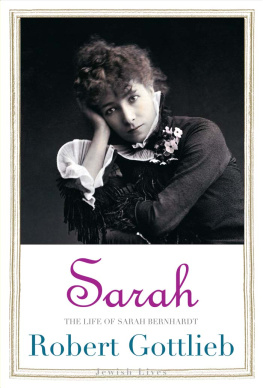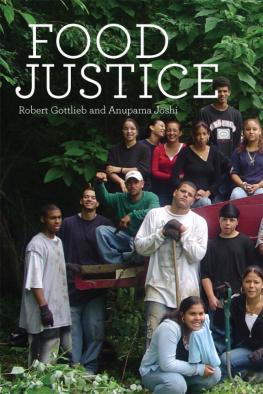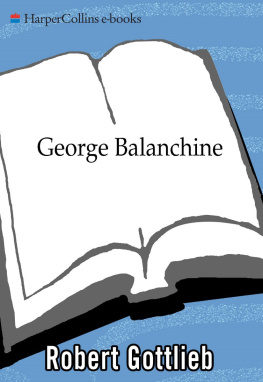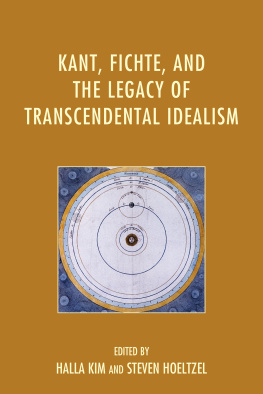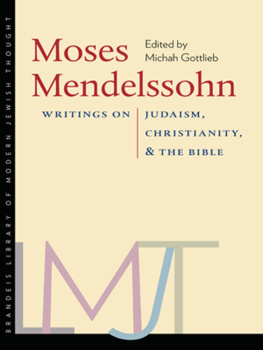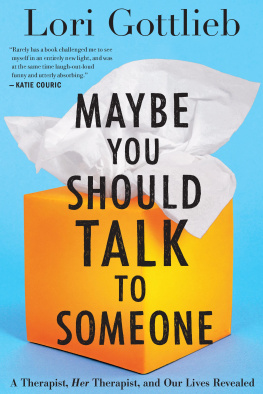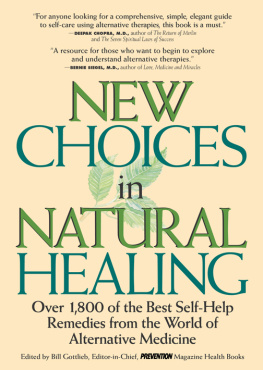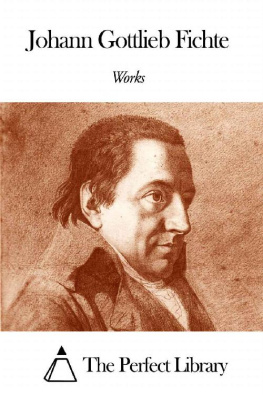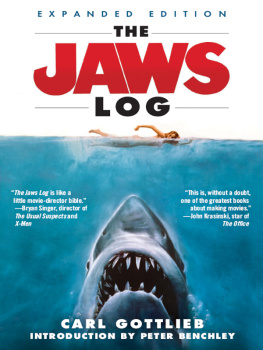Contents
Guide

The author and publisher have provided this e-book to you for your personal use only. You may not make this e-book publicly available in any way. Copyright infringement is against the law. If you believe the copy of this e-book you are reading infringes on the authors copyright, please notify the publisher at: us.macmillanusa.com/piracy.
To my grandsons, Oliver and Jacob Young, in case theyre ever curious about how their grandfather spent his life
And to the memories of Nina Bourne and Deborah Rogers
By the employment of methods amounting almost to the so-called third degree, the heads of the publishers syndicate who I am under contract has finally got me to write my autobiography, a task which I shrink from it like Pola [Negri] from a camera, yet which the doing of which I feel I owe it to my public.
from the introduction to The Story of a Wonder Man, Being the Autobiography of Ring Lardner
For a long time when people asked me whether I was ever going to write a memoir or autobiography, I answered that all editors memoirs basically come down to the same thing: So I said to him, Leo! Dont just do war! Do peace too! For various reasonsI wanted to set bits of the record straight; I wanted to say some things about editing and publishing and even myselfI eventually changed my mind and have, to my chagrin, discovered the inevitability of the Tolstoy syndrome. There was no way I could talk about editing and publishing except in terms of the books I myself had worked on. So it all comes down to I did this and I did that, and naturally its ones successes one tends to rememberas with Leo.
I BEGAN AS I WOULD GO ON reading. By the time I was four, my grandfather had shown me how to do it, mostly by having me follow along as he read to me. My mother, a New York City public school teacher, left for work early every morning, but Grampa, her father, who lived with us until he died when I was nine, was always there, and after breakfast I would climb into his bed and he would tell me stories, teach me chess, and read aloud. Most important were Kiplings Jungle Books , and I still have the two volumesone bound in mustard, one in greenthat he read from, and which thrilled me. But before that was Dorothy Kunhardts Junket Is Nice , which came into the world in 1933, two years after I did, and which I couldnt get enough of. (Later, she would write the indispensable Pat the Bunny .) Although it was a success, Junket Is Nice disappearednot just my copy, but altogether. Apparently there were legal problems with the Junket people, and only recently has it been restored to us. Going back to it after more than seventy-five years, I discovered that its about a little boy who turns out to be smarter than anyone else in the world. What a surprise that I needed constant access to it!
The next book to seize me totally was read to our fourth-grade class by nice, motherly Mrs. Hurst. It was Lad: A Dog , by Albert Payson Terhune, and dogs were my passion. But Lad was not a dog like my cute little Waggie; Lad was a collie, anda recurrent Terhune themea thoroughbred. Albert Payson Terhune did not care for mongrels, in fact was a devoted eugenicistthe burglar whom Lad routs in the middle of the night is, unsurprisingly, a negro. But what did I know about eugenics? Lad was noble, Lad was true. As I discovered on a recent rereading, among his many exploits Lad saved the life of a five-year-old paralyzed girl by flinging himself between her and a striking copperhead, not only almost dying from snake venom but somehow prompting the child to walk. I already loved dogsso much easier to deal with than other childrenand Lad was not just any dog, as we learn in the first paragraph: He had the gay courage of dArtagnan, and an uncanny wisdom. Alsowho could doubt it, after a look into his mournful brown eyeshe had a soul. I tried not to show I was crying during Mrs. Hursts read-alouds.
Lad: A Dog went through seventy printings in its original edition, and Terhune went on to write at least thirty other dog books, many of which I read and all of which I assume displayed the mawkish Terhune style and reflected the repulsive Terhune beliefs. But it was Lad that revealed to me the amazing power of books to arouse feelingsand therefore to change lives. I was emotionally prepared when Eric Knights Lassie Come-Home (the movie dropped the hyphen) came my way, an infinitely better book than Lad , which I think I recognized even then. Horse books didnt get to me, not even Black Beauty , although I liked and still like Mary OHaras Flicka trilogy. But it was their boy hero, Ken, with whom I identified, not the horses.
Of course I also read the established childrens classics Alice , The Wind in the Willows , Tom Sawyer , Jules Verne, all the Oz books and Dr. Dolittle booksas well as the more recent ones, especially the inevitable Winnie-the-Poohs. There were also adventure series, which I could take out from the public library in batches of three or four: Tarzan, naturally, and a successful rip-off series I liked even more, the only title of which I remember being Bomba the Jungle Boy in the Swamp of Death , which I havent revisited.
The key books of my childhood, thoughand sometimes, I think, of my entire lifewere the twelve novels by Arthur Ransome, beginning with Swallows and Amazons , published in 1930, just in time for me. The Swallows were the four Walker children, the Amazons were the two Blackett girls, and they took their aliases from the two little boats they sailed in the summers on the authors reimagining of Lake Windermere in Englands Lake District. In the fourth book, Winter Holiday , theyre joined by the two Callum children, Dick (a budding scientist) and Dorothea (a novelist-in-waiting). These two were the characters I felt closest to: Bookish, shy loners, they were the outsiders who were swept up by the Swallows and Amazons and joined in their adventures. I was certainly not an adventurer, and didnt want to be one, so it wasnt the sailing, the camping out, the racing, or the gentle plots that called to me. It was that community of decent, independent youngsters, superbly individualized by Ransome, trusted by their parents, enjoying a healthy childhood, having fun. If the Walkers and the Blacketts could adopt the Callums, they might have made room for me.
Over a period of four or five years I read and reread and re-reread the Ransome booksmy favorites as many as fifty times each. They were the counterpoint to school, homework, playing cards with my parents and occasionally chess with my father (the only activity we shared), typical nighttime phone calls with classmates, and radiothe essential entertainment of the period. Since I was sickly (though not as sickly as I made myself out to be), I was home from school a lot, caught up in radio soap operas Our Gal Sunday (the story of an orphaned mountain girl married to Lord Henry Brinthrope, Englands richest, most handsome Lord); Life Can Be Beautiful (the story of the waif Chichi Conrad, who one day stumbles into benign Papa David Solomons Slightly Read Bookshop, where she takes up permanent residence along with the embittered cripple Stephen); Mary Marlin (theme song: Clair de Lune), in which the heroine, when her husband, Senator Joe Marlin, disappears while on a secret mission to Siberia, becomes senator in his stead. And lets not forget Ma Perkins , Stella Dallas (based on the immortal novel by Olive Higgins Prouty), and the quintessential Romance of Helen Trent , who, when life mocks her, breaks her hopes, dashes her against the rocks of despair, fights back bravely, successfully, to prove what so many women long to prove, that because a woman is thirty-five or more, romance in life need not be over. ( Helen Trent broadcast for twenty-seven years.) I assume that all this sentimental radio melodrama helped prepare me for my later immersion, both as reader and as editor, in genre fiction. It was certainly harmless stuff, since nothing bad or nasty ever really happened, except for the offstage disappearance of Senator Joe and the inevitable episodes involving either amnesia or trial for murder (or both) that punctuated the lives of Sunday, Chichi, and the rest. When in the early 1950s, home from Cambridge, I dropped back in on soap operajust in time to hear the final episode of Life Can Be Beautiful everything had changed: Alcoholism, abortion, and adultery had barged in, the charm was gone, and the soaps were migrating to TV.


